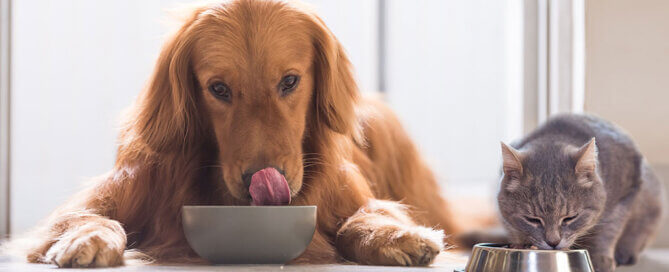Pet Diabetes Newsletter
Pet newsletter articles written by Dr. Joi Sutton. Learn how to better manage Fluffy’s diabetes better including the tricks for getting the best and easiest blood glucose result or how to give a more smooth injection of insulin. It isn’t just pet diabetes that Dr. Joi writes about. Discover newsletters about different techniques to prevent or treat various ailments your pet could inadvertently get. Find out which supplements or vitamins are good for your pets health and which ones are not. Whether you have an older pet or a healthy rambunctious pet, these newsletters feature many tips and tricks for all kinds of pets, not just diabetic ones!









